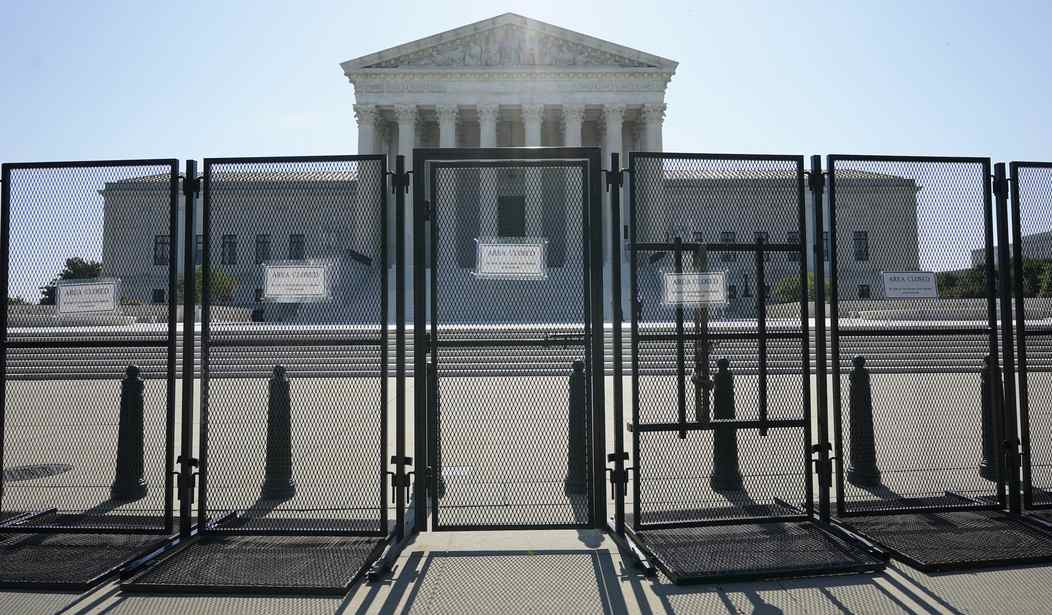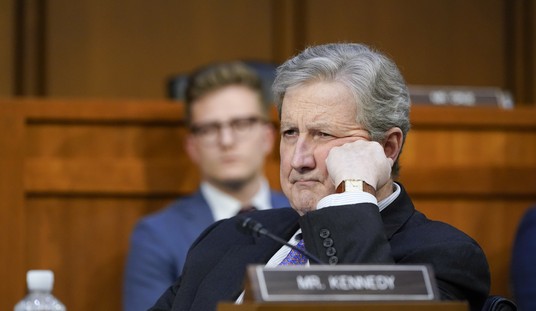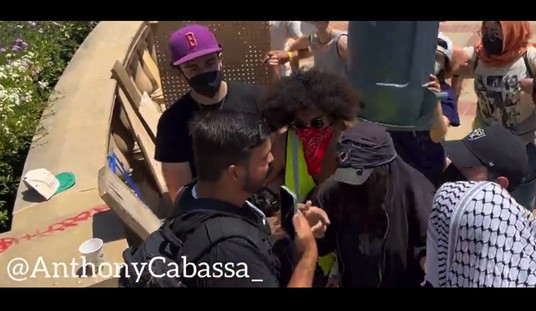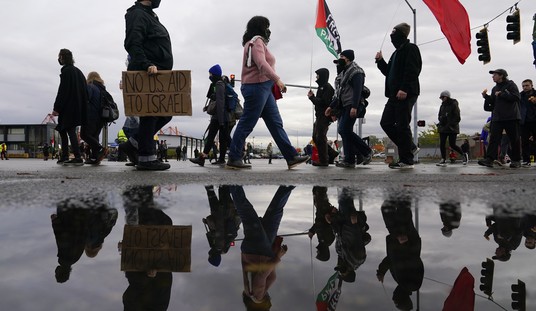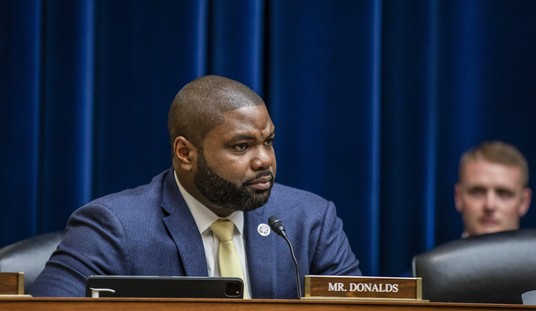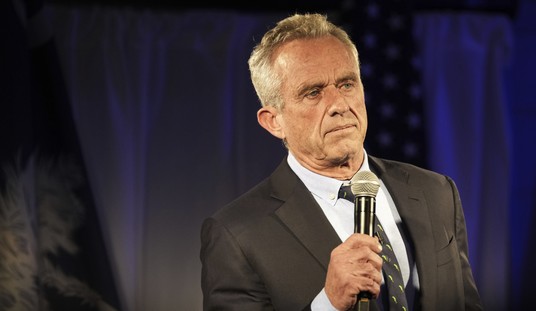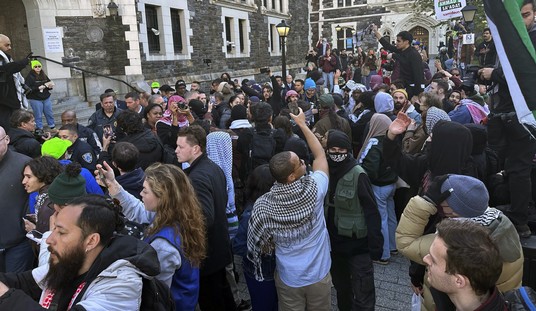It’s a good time to be a proponent of school choice. Those who support the idea that parents should be able to decide where and how their children are educated are making progress. The Supreme Court on Tuesday delivered a significant victory for the school choice movement, much to the consternation of the teachers unions and others who want the state to be the sole arbiter of education in America. Indeed, the so-called progressive crowd is probably already working to find other ways to subvert efforts to empower parents.
The Supreme Court handed down a ruling declaring as unconstitutional Maine’s law excluding religious schools from a program providing tuition assistance for parents who wish to send their kids to private schools. In a 6 – 3 ruling in Carson v. Makin, the court determined that this program violated the free exercise clause of the First Amendment.
Maine’s program requires rural communities that do not have public secondary schools to either sign contracts with nearby public schools or to pay for tuition at private schools that parents choose. It mandated that the private institution would have to be a “nonsectarian school in accordance with the First Amendment of the United States Constitution” to qualify.
The case originated from a lawsuit filed by two families who wanted to send their children to religious schools. The suit alleged that the state’s restriction violated their right to exercise their faith.
Chief Justice John Roberts, in the majority opinion, wrote that while “a state need not subsidize private education” that “once a state decides to do so, it cannot disqualify some private schools solely because they are religious.”
“Maine’s ‘nonsectarian’ requirement for its otherwise generally available tuition assistance payments violates the Free Exercise Clause of the First Amendment,” the justice wrote. “Regardless of how the benefit and restriction are described, the program operates to identify and exclude otherwise eligible schools on the basis of their religious exercise.”
Roberts argued that Maine’s restriction “effectively penalizes the free exercise” of religion by taking religion into consideration when deciding how benefits would be applied.
Justices Sonia Sotomayor and Stephen Breyer voted in favor of the state. Sotomayor wrote:
What a difference five years makes. In 2017, I feared that the Court was “lead[ing] us . . . to a place where separation of church and state is a constitutional slogan, not a constitutional commitment.” Today, the Court leads us to a place where separation of church and state becomes a constitutional violation.
Justice Breyer wrote:
“The First Amendment begins by forbidding the government from ‘mak[ing] [any] law respecting an establishment of religion.’ It next forbids them to make any law ‘prohibiting the free exercise thereof.’ The Court today pays almost no attention to the words in the first Clause while giving almost exclusive attention to the words in the second.”
Maine’s attorneys argued that both of the schools in question “candidly admit that they discriminate against homosexuals, individuals who are transgender and non-Christians.”
They also argued that Temple Academy teachers “integrate biblical principles with their teaching in every subject,” while Bangor Christian Schools hopes to promote “within each student a Christian worldview and Christian philosophy of life.”
In a 2020 decision, the Supreme Court heard a similar case out in Montana. It ruled 5 – 4 that states could not exclude families or schools from student aid programs because the schools were supported by religious institutions. However, it “left open the question of whether states could block the use of their funds for explicitly religious or ‘sectarian’ classes,” according to National Review.
This decision is significant for the school choice movement because it allows parents even more freedom to choose how their children are educated. Now, states will not be able to prevent them from sending their kids to religious learning institutions, which means more options. This is precisely the type of ruling proponents of school choice are fighting for, and it is yet another blow to the effort to further restrict educational options. The fight still continues, but this development is yet another milestone in the move to break the hold of public education over the nation’s children.

